Jorge Diaz will drive aquafeed giant’s new sustainability agenda and support progress in the value chain
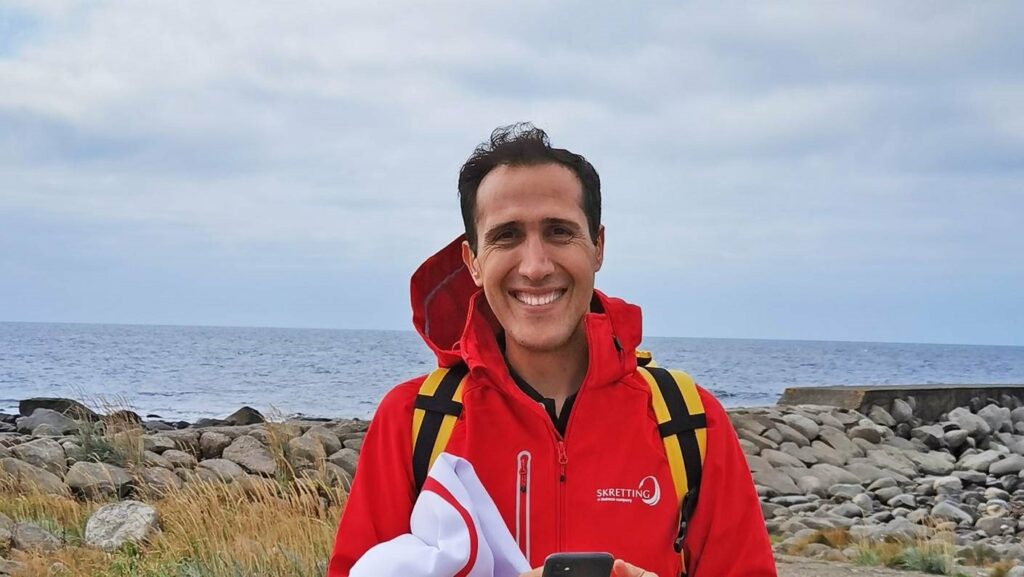
Skretting, the global aquafeed company with fish and shrimp feed production on all continents, recently appointed a new sustainability manager – a role that advances the company’s sustainability agenda.
Jorge Diaz takes over the position after several years of holding various roles within the company, including communication manager in Chile and brand director at Skretting headquarters in Stavanger, Norway. In the latter position, Diaz worked closely with the former sustainability manager, Trygve Berg Lea, and was inspired by the commitment and dedication of the organization to meeting ambitious sustainability targets.
“Our planet is under a huge amount of pressure, and generating enough healthy, safe and sustainable food to support the world’s growing population is an incredible challenge directly linked to our value chain,” Diaz told the Advocate. “Skretting is a large, international company with a crucial role to play in providing sustainable food solutions for all. [This role] is an opportunity to work with all offices, because there are different challenges depending on where you’re operating.”
A global leader in providing innovative and sustainable nutritional solutions for the aquaculture industry, Skretting was the first aquaculture feed company in the world to report on sustainability – a commitment that it introduced more than 20 years ago. Today, sustainability is a core focus that’s “embedded in the culture throughout the business,” and that Diaz is tasked with implementing across the company to achieve its goals.
“Skretting is continuously bringing innovative solutions to support the growth of global aquaculture and we’re proud of what we’ve achieved to date,” said Diaz. “But the sustainability agenda is evolving faster than ever before, which in turn means that we need to further adapt, do more and do better. We cannot do this alone and it’s about creating collaboration and learning and adapting together.”
Diaz will lead the company’s sustainability agenda, which also complements the roll-out of Nutreco’s Sustainability Roadmap 2025 with its three pillars of Health and Welfare, Climate and Circularity and Good Citizenship. The first pillar primarily focuses on the company’s commitment to reduce Antimicrobial Resistance (AMR), while the Climate and Circularity pillar aims to reduce greenhouse gas (GHG) emissions. To achieve this, the company has adopted Science-Based Targets and committed to reducing 30 percent of its Scope 1 and 2 emissions and 58 percent of its Scope 3 emissions by 2030, using 2018 as a baseline.
Our industry is very male-dominated, and we have company targets to have at least 30 percent women in senior leadership positions. We need that diversity to make better decisions.
To reach these ambitious aims, Skretting and Nutreco will continue working on deforestation-free sourcing; developing and using novel ingredients to achieve the 2025 target whereby 5 to 10 percent of feed ingredients originate from alternative, novel sources; and cooperating with suppliers to reduce their GHG emissions. For the final pillar, community development and equity initiatives take center stage.
“For Good Citizenship, our main focus area is diversity and inclusion,” said Diaz. “Our industry is very male-dominated, and we have company targets to have at least 30 percent women in senior leadership positions. We need that diversity to make better decisions.”
An essential part of the role will also focus on identifying, understanding and mitigating environmental, social and governance risks – something that Diaz says is increasingly “important for investors and customers.” For example, understanding the “social issues connected with the supply chain” is crucial, with the company partnering with suppliers to recognize and deal with risks in the supply chain.
“Is there child labor? Are there issues related to fair wages? Are we supporting families to have a good living?” said Diaz. “We believe in taking responsibility; it’s not in our nature to shy away from the difficult dilemmas that we face today or from those that may come tomorrow in any one of the regions in which we operate. This means we must be transparent, identify where there’s room for improvement, learn, share and then – because no one can do this alone – collaborate with our value chain.”
Improving data collection is critical to achieving the company’s sustainability goals. For instance, there are currently multiple ways of collecting, reporting, and sharing data on carbon footprints, but Skretting is looking to ensure that calculations and communications are aligned with the accepted life cycle assessment (LCA) standards (e.g. ISO 14040/44, PEF, GHG Protocol) and industry-specific guidelines, such as Product Environmental Footprint Category Rules (PEFCR) Feed for food-producing animals, Diaz said.
“This is important to reduce flexibility and increase comparability. We need to compare apples to apples,” said Diaz. “Our goal is to standardize the reporting system using only quality-assured LCA databases so we can compare numbers in a meaningful way and make decisions based on facts, not assumptions.”
One ocean: At the intersection of green energy and a blue economy
Other projects include investing in companies that advance the company’s sustainability goals, such as developing novel ingredients for aquafeed. The company has set a target of including 5 to 10 percent of novel ingredients in formulations by 2025. Diaz said that getting to a 5 percent inclusion rate in product portfolio on a Nutreco level (both agri and aqua feeds) represents almost 400,000 metric tons (MT) of novel ingredients by December 2025. Today, about half of that volume is available on the market, so it’s an ambitious target.
“To reach our ambitions, we have invested heavily in testing novel raw materials (single-cell proteins, yeasts, algal oils and meals, insect products),” said Diaz. “Currently, there are more than 25 testing activities ongoing and further tests are planned. We have evaluated more than 120 leads and continue to look for new opportunities.”
Overall, tackling sustainability for a multi-national company is no easy task, but Diaz said that he’s particularly excited about “the possibility to make an impact in the world.”
“At Skretting, we are optimistic and ambitious in our sustainability journey, and I look forward to working with all my Skretting colleagues towards our purpose of ‘Feeding the Future,’” he said. “With their support, together with customers, suppliers and partners, we can drive the journey towards even more sustainable aquaculture.”
Follow the Advocate on Twitter @GSA_Advocate
Now that you've reached the end of the article ...
… please consider supporting GSA’s mission to advance responsible seafood practices through education, advocacy and third-party assurances. The Advocate aims to document the evolution of responsible seafood practices and share the expansive knowledge of our vast network of contributors.
By becoming a Global Seafood Alliance member, you’re ensuring that all of the pre-competitive work we do through member benefits, resources and events can continue. Individual membership costs just $50 a year.
Not a GSA member? Join us.
Author
-
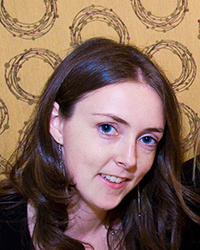
Lisa Jackson
Associate Editor Lisa Jackson lives in Hamilton, Ontario, Canada. Her work has been featured in Al Jazeera News, The Globe & Mail, The Independent, and The Toronto Star.
Tagged With
Related Posts
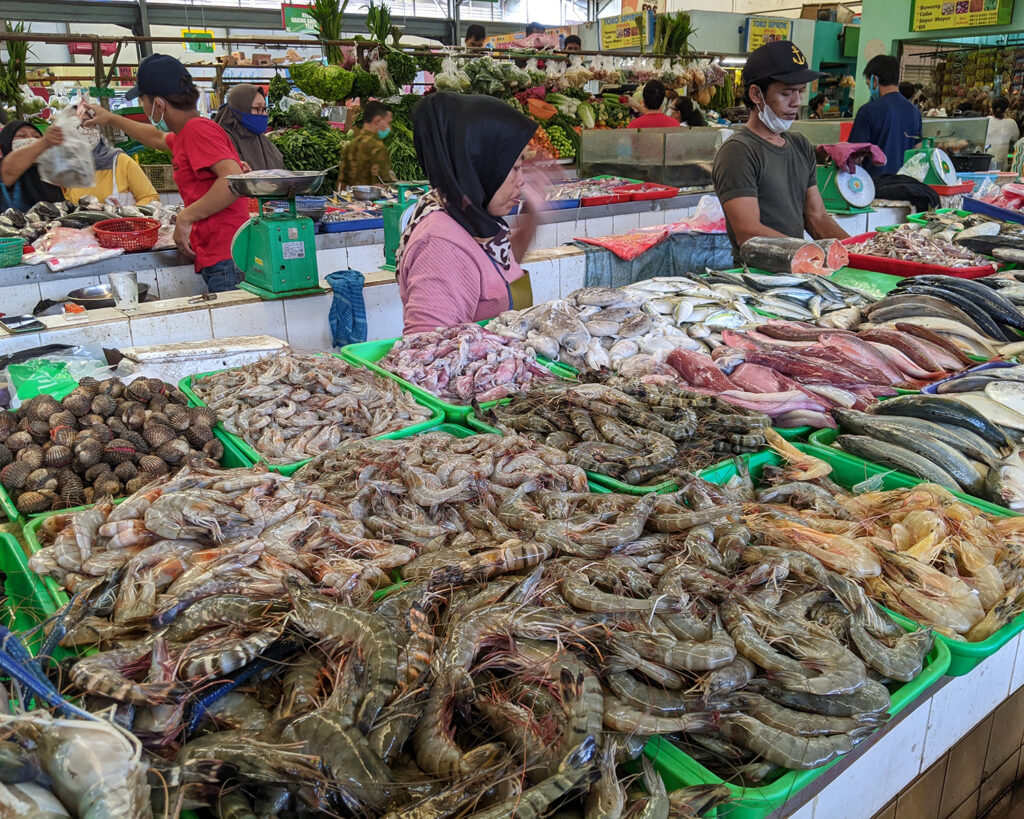
Responsibility
The tie that binds: Aquatic foods tied to successful nutrition policies
New research from WorldFish and the Stanford Center for Ocean Solutions determines that most national nutrition policies are recognizing the value of aquatic foods.
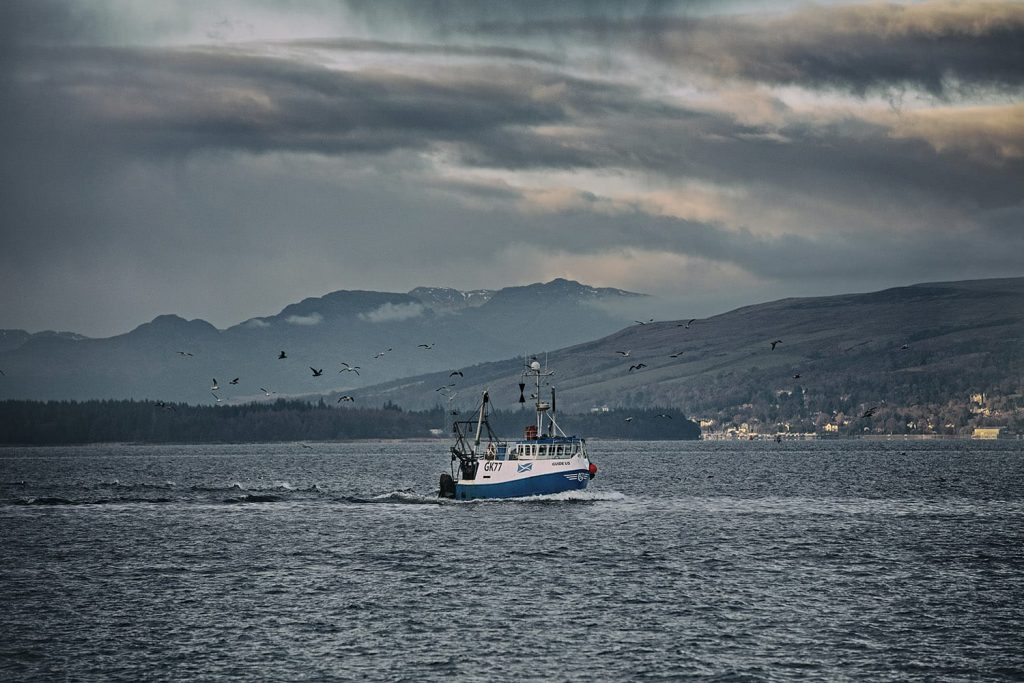
Fisheries
Bottom trawling linked to high greenhouse gas emissions in MPA-supporting study
A study touts marine protected areas and bottom trawling bans, but its methods and conclusions are questioned by fellow researchers and fishers.
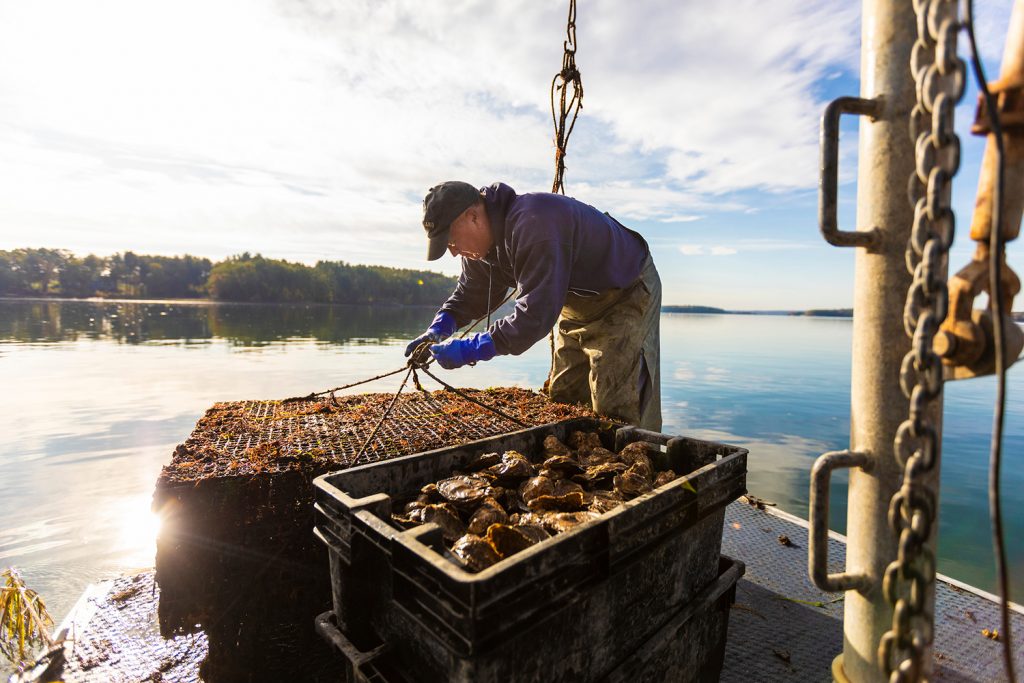
Responsibility
TNC: Restorative aquaculture can improve marine habitats, biodiversity
A report from The Nature Conservancy shows restorative or regenerative aquaculture can benefit ecosystems, marine animal habitats and biodiversity.
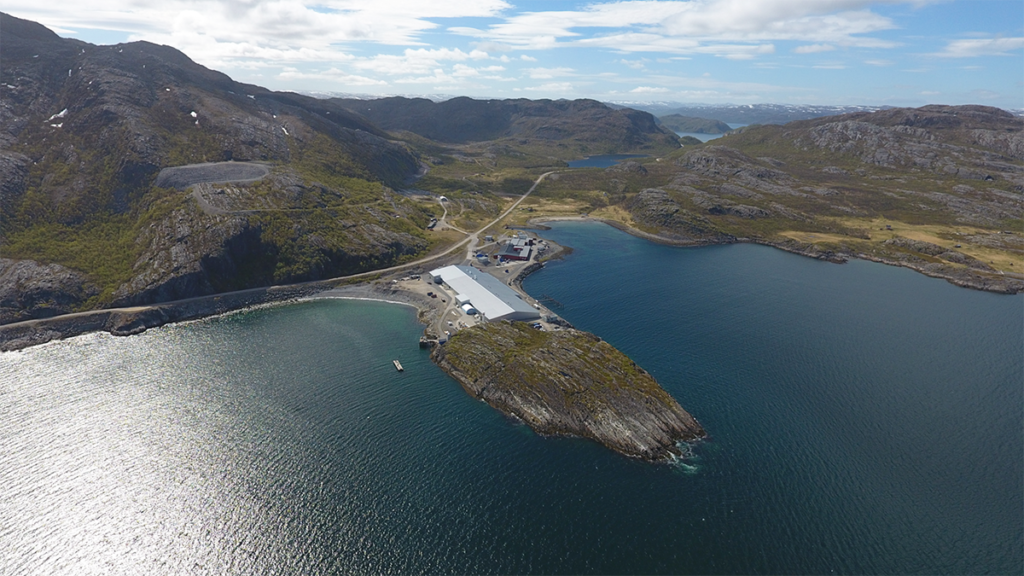
Responsibility
Sludge report: Finding value in Norway’s aquaculture waste
Bioretur converts aquaculture waste, or sludge, into fertilizer as demand for “circular economy” technologies grows.


